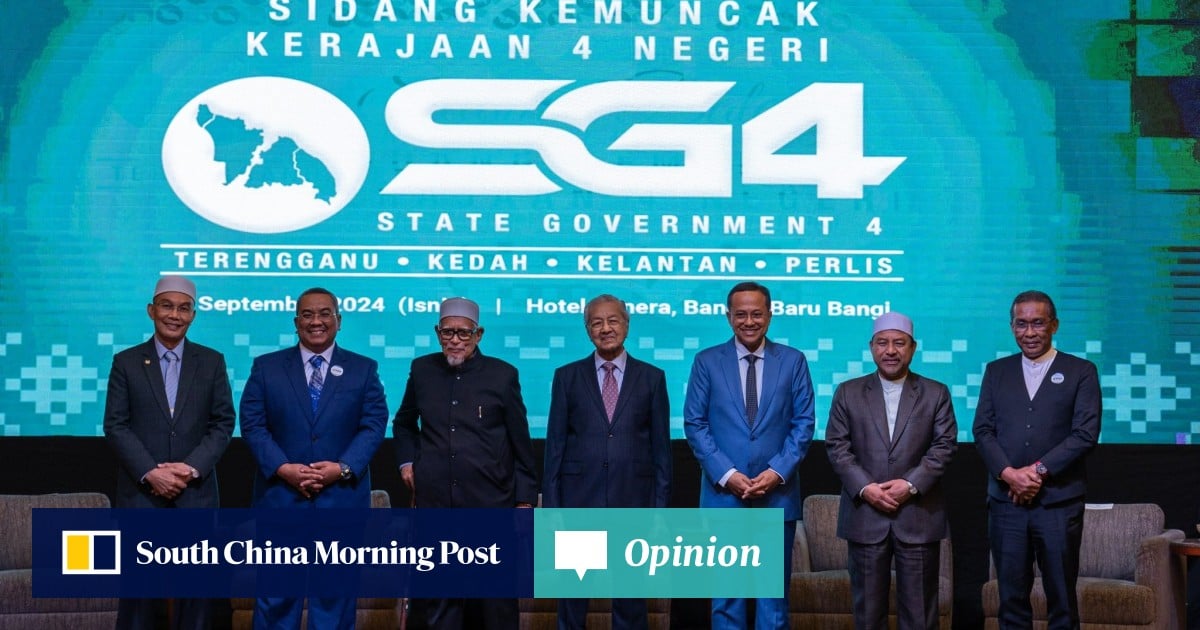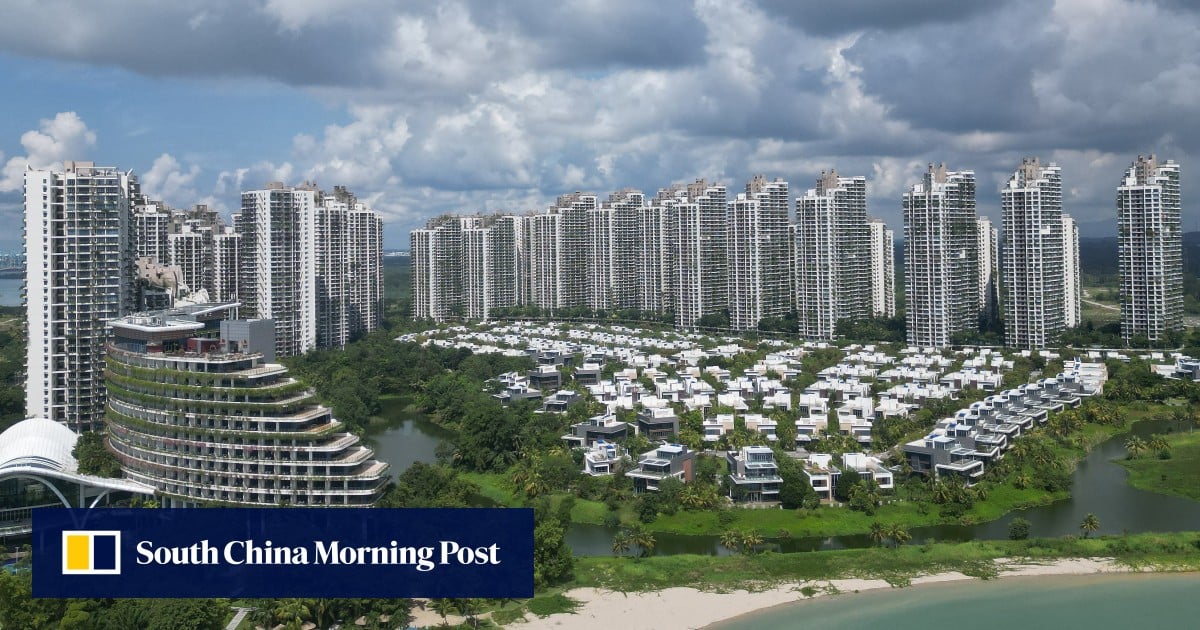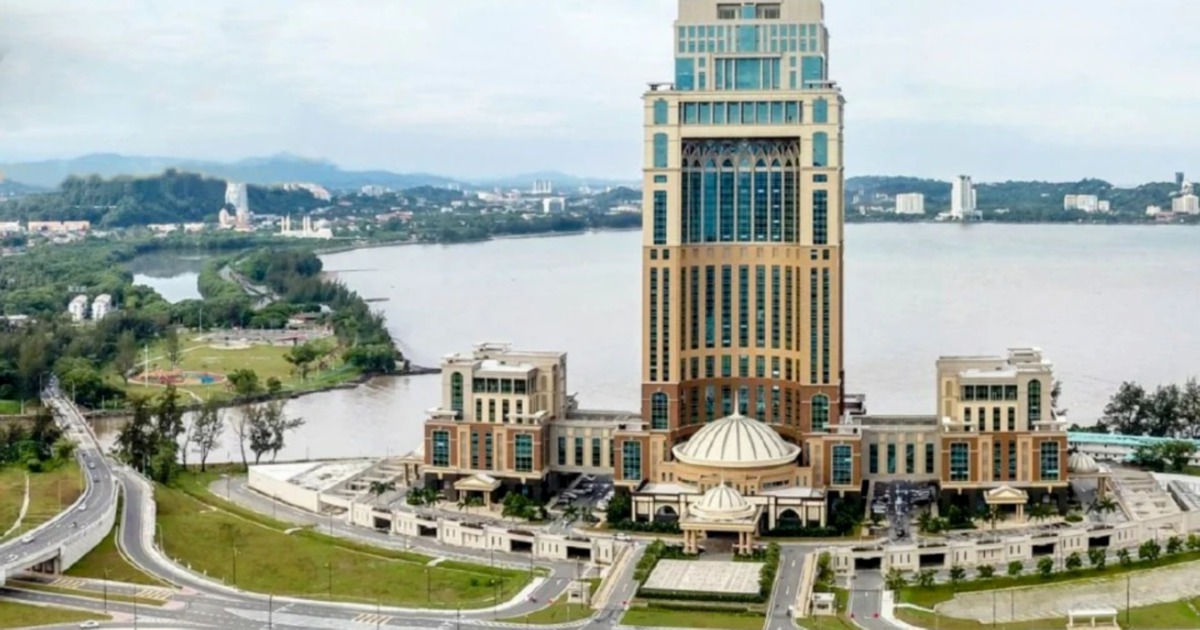




On October 5, 2024, the South China Morning Post reported on a significant political maneuver by the Malaysian Islamic Party (PAS) aimed at consolidating its power within the Perikatan Nasional coalition. Four states—Kedah, Kelantan, Perlis, and Terengganu—have formed SG4 Group Sdn Bhd, pooling resources to attract investment. Each state holds a 25% stake in this initiative, which is seen as a strategic move to enhance PAS's influence and bargaining power with the federal government, particularly regarding oil royalties [4f8c8ab6].
The SG4 initiative is focused on various sectors, including infrastructure, trade, agriculture, education, and exploring new revenue sources. Notably, former Prime Minister Mahathir Mohamad has taken on an advisory role, underscoring the potential of the states' resources, such as rare earth elements and oil. However, questions have been raised about the feasibility of this initiative, especially given the federal government's control over trade and investment [4f8c8ab6].
This development comes at a time when Malaysia is also pursuing economic growth through various initiatives. On September 20, 2024, Malaysia announced a series of tax incentives aimed at attracting wealthy individuals to establish family offices in the Forest City Special Financial Zone (SFZ). This initiative is part of Prime Minister Anwar Ibrahim's broader strategy to revive the US$100 billion Chinese-led mega project, which has faced challenges due to weak demand. The Single Family Office Scheme is expected to be operational by the first quarter of 2025, with a zero percent tax rate for family offices and corporate tax rates ranging from zero to five percent [a14e1329].
In a related development, on September 3, 2024, HSBC and Standard Chartered Malaysia hosted an investor roadshow in Hong Kong, showcasing Malaysia's investment potential. Key speakers emphasized the importance of a sustainable economy and highlighted Malaysia's robust growth trajectory despite global uncertainties [a3bd48d2].
In Sabah, the government is striving for higher GDP per capita this year, despite a drop from RM35,860 in 2022 to RM31,147 in 2023. The Federation of Sabah Industries and the State Industrial Development and Entrepreneurship Department are optimistic that new investments will positively impact the economy. The US-Asean Business Council and Chinese investors have shown increasing interest in Sabah, which could contribute to the rise in GDP [cc28963b].
Meanwhile, Sarawak is also experiencing positive economic growth, with Premier Datuk Patinggi Tan Sri Abang Johari Tun Openg stating that Sarawak's economy will be stronger as long as there is unity and stability. Sarawak's revenue has increased significantly, and the Premier is actively promoting the state's economy to attract investors [a924a74d].
As PAS consolidates its political power through initiatives like SG4, the interplay between state and federal government relations will be crucial in shaping Malaysia's economic landscape moving forward. The need for meaningful dialogue between the states and the federal government is emphasized to address ongoing disputes and ensure sustainable development [4f8c8ab6].